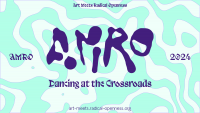text and images by Rosa Cisneros, Coventry University.
The European Union funded project, AccessCult, aims to make cultural venues more accessible for all. One billion people live with some form of disability (WHO), at EU level, about 24% of persons aged 16 and over declared a disability, furthermore the aging EU population is growing intensely. The number of people with access needs is therefore significant and growing. Equal integration into society, including travelling and experiencing cultural heritage is a real challenge. Cultural heritage (museums, galleries, monuments etc) provide significant opportunity for social inclusion, sense of community, informal education and lifelong learning; as such accessibility should not be a barrier! Better inclusion through cultural heritage interpretation is not just about social responsibility but is a business imperative representing market potential for tourism. This project tackles this need through education of students, future experts, but also current cultural heritage staff to improve access for all.
For the AccessCult project a consortium of 9 partners including universities and cultural institutions focus on improving the accessibility of Cultural Heritage across Europe through:
- Exchange of knowledge and good practice
- Through education of students as future experts
- Through adult training for existing cultural workers
The project mission is:
- To develop knowledge, skills and competencies to enable cultural workers in museums and galleries to respond to the needs of visitors with wide ranging capabilities to ensure they are able to access, enjoy and benefit fully;
- To strengthen connections between museums and associations for people with disabilities
For the AccessCult project, Rosa Cisneros from C-DaRE disseminated the EU- Project WEAVE to the students and presented the Europeana Digital Library. The students engaged with the project’s activities and the project’s tools. The WEAVE content providers and some content was also framed within the context of accessibility and the LabDay methodology was also featured. Several of the students were from Spain, Slovenia, the UK and Lithuania.
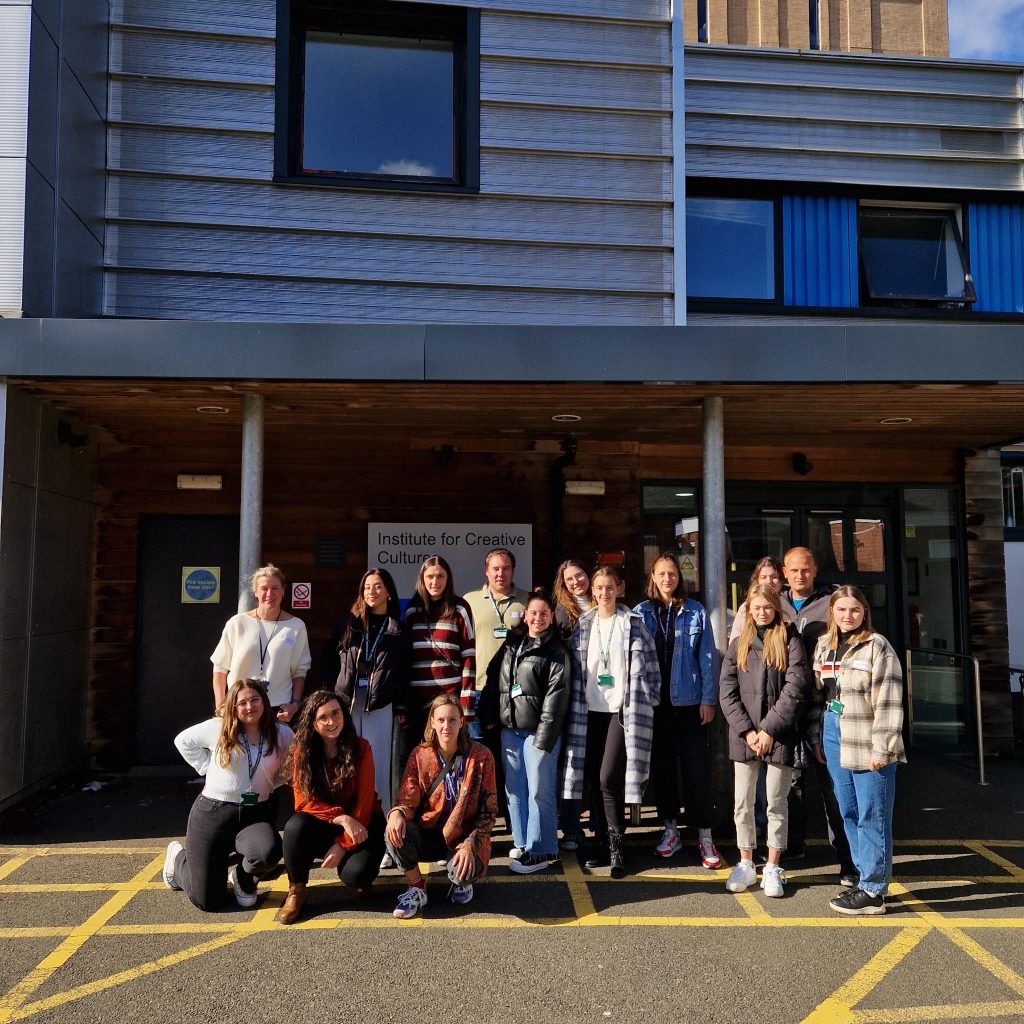
Credit: AccessCult Project 2022


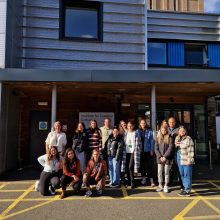
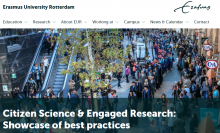
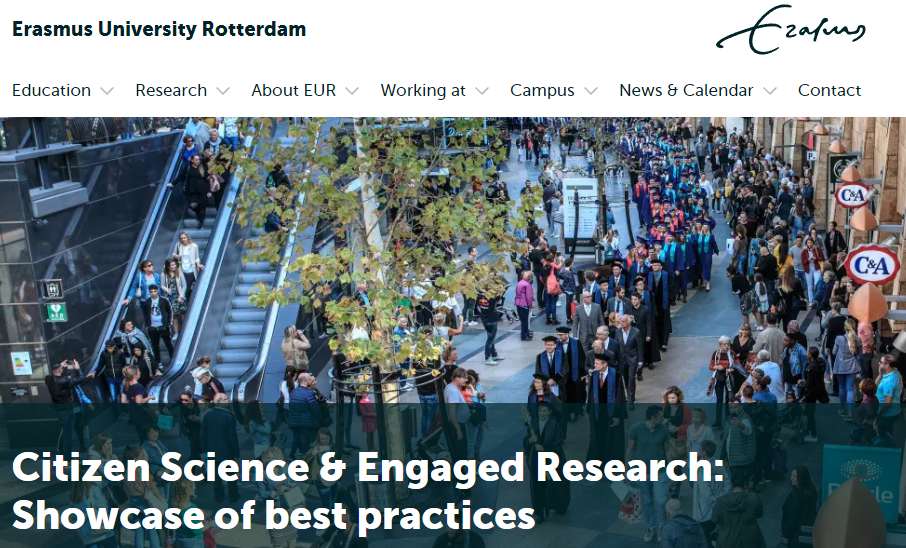
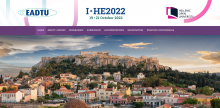
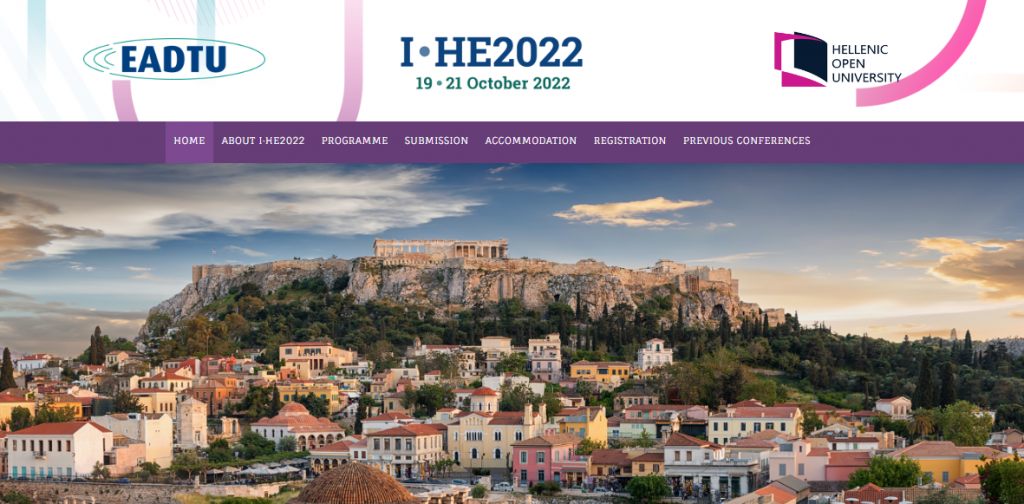
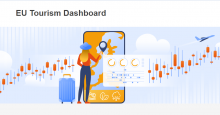
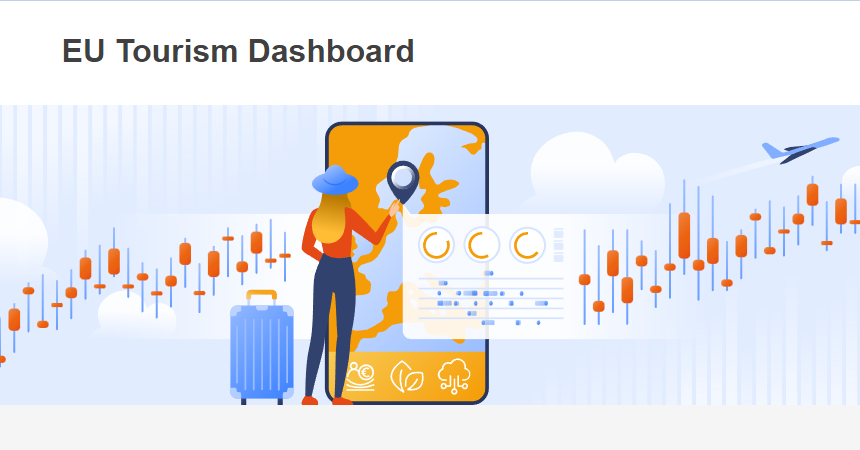 European Commission launches the
European Commission launches the 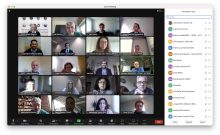
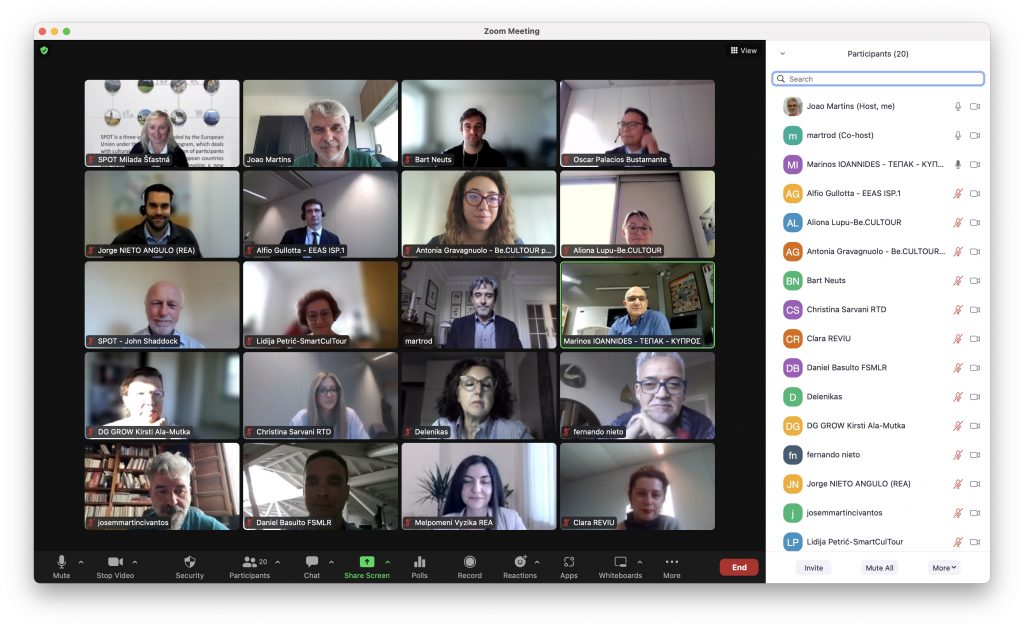
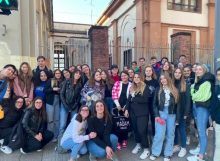
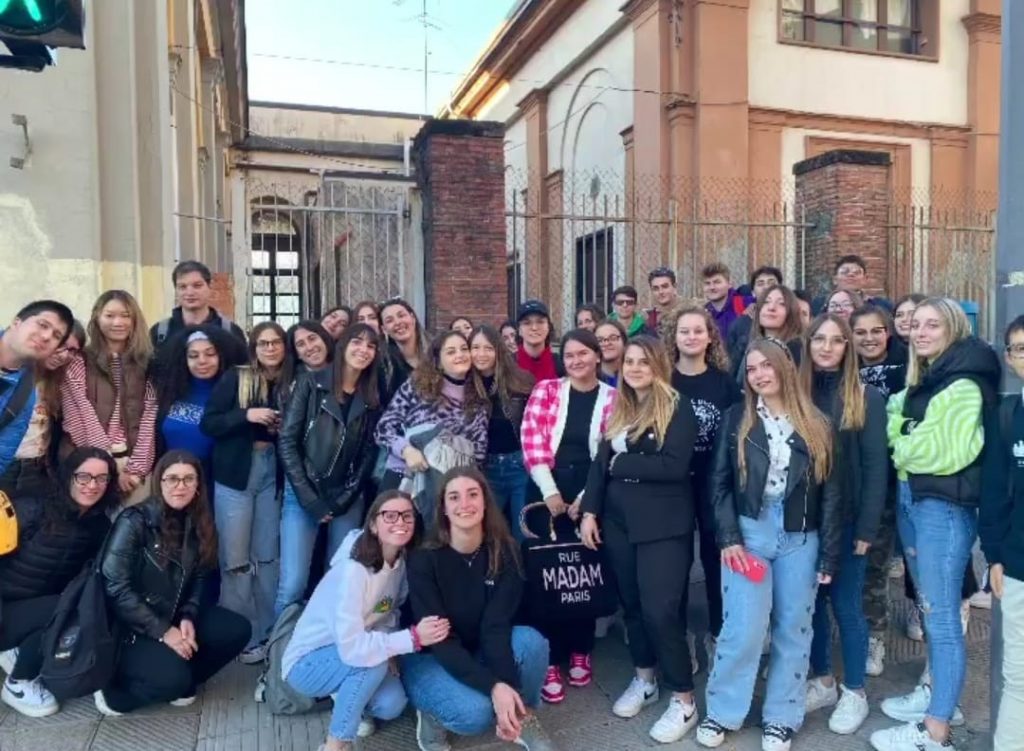
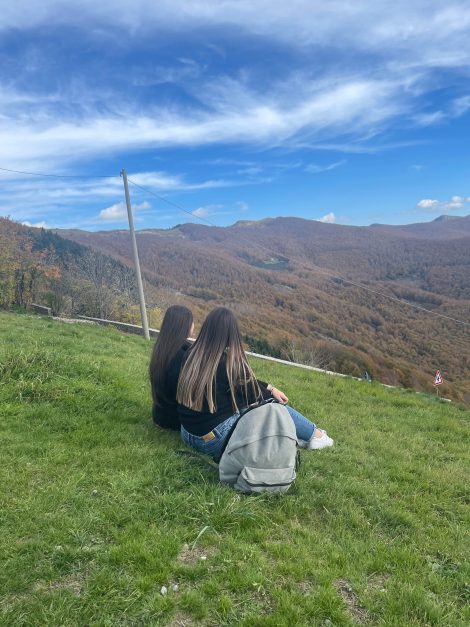










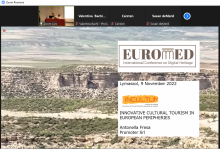
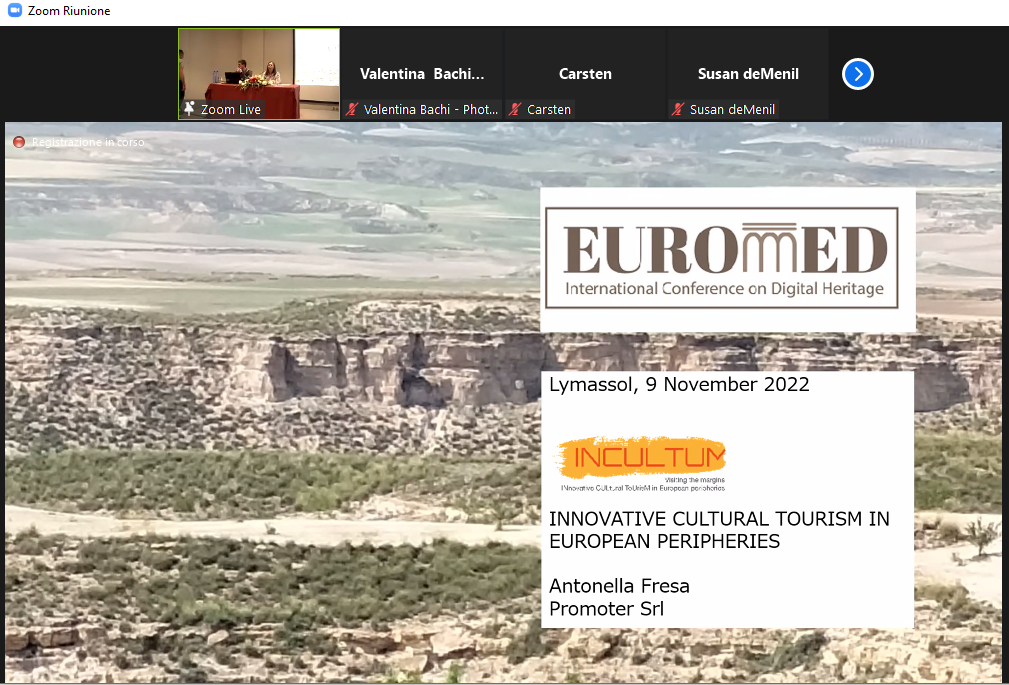 The event was organized in the framework of
The event was organized in the framework of 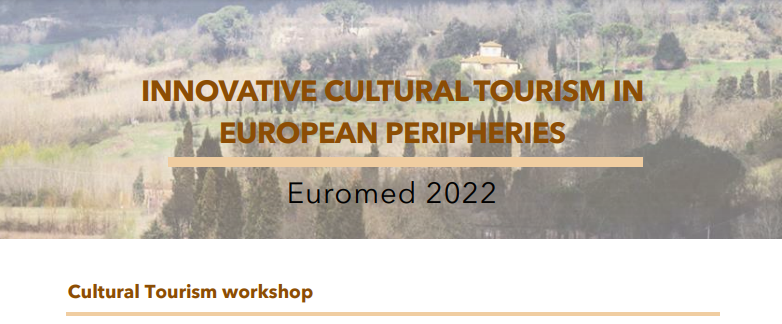












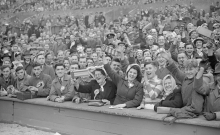


 The European Commission, on the request of the European Parliament and the Council of the EU, launched an initiative for a digital infrastructure that will connect cultural heritage institutions and professionals across Europe and develop specific digital tools for this sector; this initiative is the European Collaborative Cloud for Cultural Heritage.
The European Commission, on the request of the European Parliament and the Council of the EU, launched an initiative for a digital infrastructure that will connect cultural heritage institutions and professionals across Europe and develop specific digital tools for this sector; this initiative is the European Collaborative Cloud for Cultural Heritage.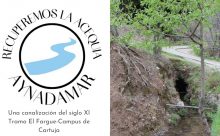
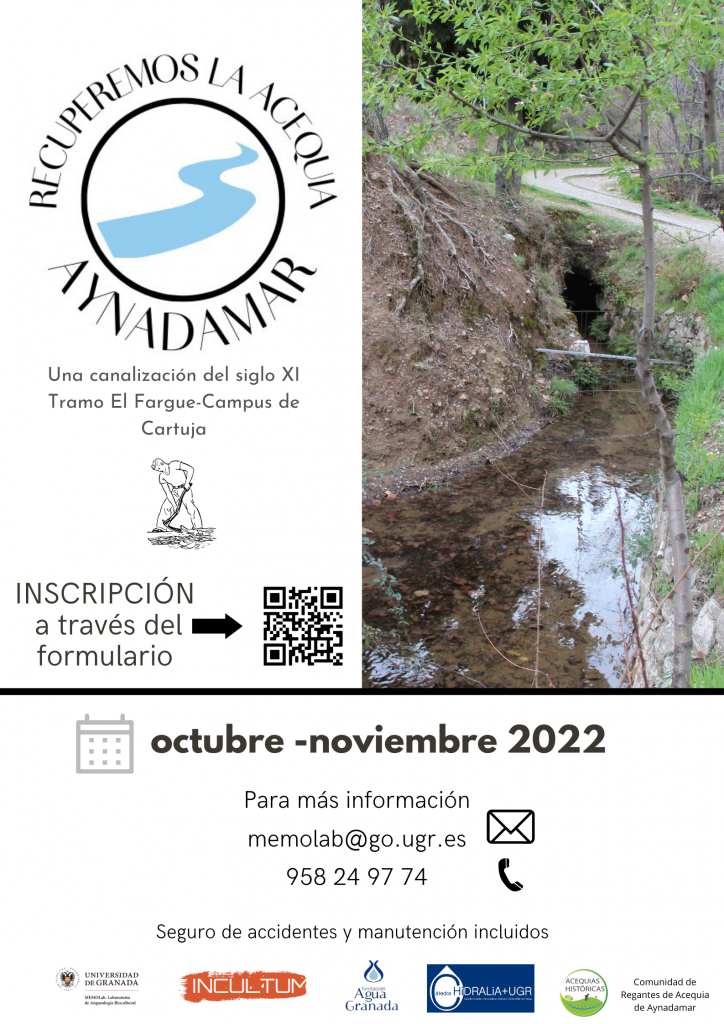
 If you have interesting news and events to point out in the field of digital cultural heritage, we are waiting for your contribution.
If you have interesting news and events to point out in the field of digital cultural heritage, we are waiting for your contribution.














